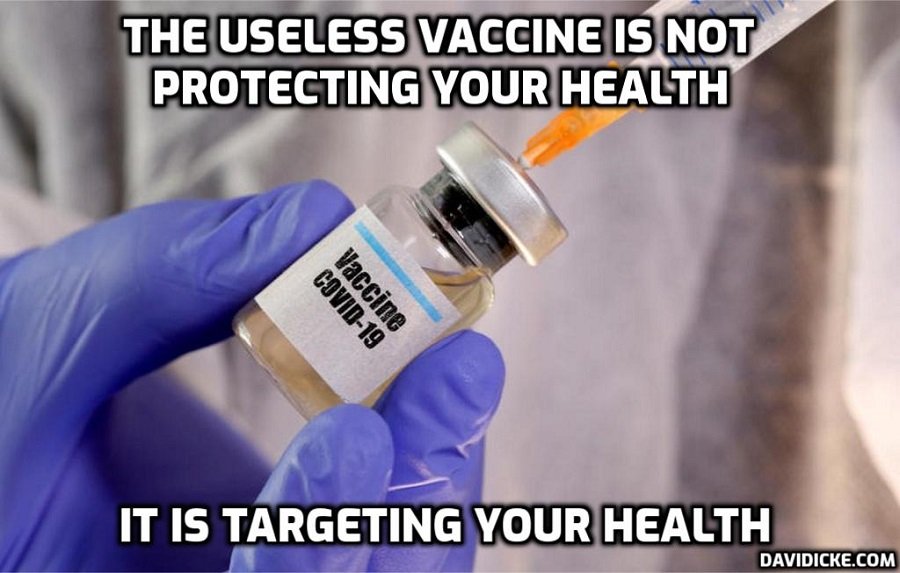CoViD-19 post-vaccine menorrhagia, metrorrhagia or postmenopausal bleeding and potential risk of vaccine-induced thrombocytopenia in women

Dear Editor
Many women across the world after receiving CoViD vaccines are complaining of irregularities in their menstrual bleeding; some experiencing heavy menstrual bleeding (menorrhagia), some bleeding before their periods were due or bleeding frequently (metrorrhagia/polymenorrhea), whereas some are complaining of postmenopausal bleeding.
As of 5th April 2021, there have been ~958 cases of post-vaccination menstrual irregularities, including vaginal haemorrhages, that were recorded in MHRA’s adverse event reports. There were twice more cases of menstrual irregularities with CoViD Vaccine AstraZeneca than Pfizer (643 vs 315 respectively) [1]. It is anticipated that the actual numbers of cases are much higher than the numbers recorded in the pharmacovigilance systems as many women in different cultural context may have felt uncomfortable to talk about it, may not have thought that it was vaccine-related, or may have not been encouraged by their clinicians to make an official report into the adverse events reporting system.
There have been recent reports of haemorrhage, blood clots and thrombocytopenia following administration of CoViD-19 vaccines that have raised concerns over the safety of genetic vaccines for people with pre-existing coagulation disorders or those on certain medications. Regulatory bodies have also issued warnings to the patients and healthcare professionals to be vigilant and seek prompt medical assistance if they experienced typical symptoms of cerebral venous sinus thrombosis (CVST), a potentially fatal clot in the brain [2,3]. European Medicines Agency has also revised the summary of product characteristics and listed thrombocytopenia (very low platelets) as a ‘common’ side effect (i.e., 1 in 100 to 1 in 10) of Vaxzevria, i.e., the CoViD vaccine AstraZeneca [4]. The pharmacovigilance data also suggests that thrombocytopenia is also a frequent observation followed by mRNA CoViD vaccines such as Pfizer or Moderna.
The ‘heavy menstrual bleeding’ has been previously reported in females with underlying platelets disorders [5]. It is plausible that the vaccine-induced thrombocytopenia may be an explanation for the recent incidences of heavy menstrual bleeding experienced by women in different countries after the CoViD-19 vaccination. The significant loss of blood in many women may lead to severe anaemia, further exacerbate thrombocytopenia, and therefore may significantly increase the risk of haemorrhages and clots.
Clinicians and front-line healthcare workers are advised to encourage women to report heavy menstrual bleeding or other extraordinary bleeding events post-vaccination formally into the vaccine adverse events reporting system and seek prompt medical advice. Public health agencies and regulatory authorities are also requested to investigate these incidences and issue further warnings, as this can, possibly be an early sign of potentially fatal vaccine-induced prothrombotic thrombocytopenia leading to rare CVST events in younger women. There may be some women with pre-existing conditions or those on certain medications that may be at increased risk of experiencing post-vaccination severe adverse events and early warnings will help saving lives.


